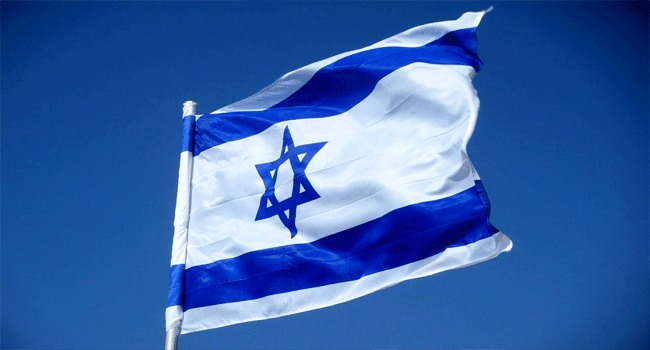Israel has agreed to implement a series of “humanitarian pauses” in Gaza to facilitate the vaccination of children against polio, according to the World Health Organization (WHO).
The vaccination campaign aims to reach approximately 640,000 children across the Gaza Strip and is scheduled to begin on Sunday, as announced by senior WHO official Rik Peeperkorn.
The campaign will be conducted in three stages, covering the central, southern, and northern regions of Gaza. During each stage, fighting will be paused for three consecutive days from 06:00 to 15:00 local time.
This agreement follows reports from UN officials that a 10-month-old baby had become partially paralyzed after contracting Gaza’s first case of polio in 25 years.
Currently, around 1.26 million doses of the novel oral polio vaccine type 2 (nOPV2) are available in Gaza, with an additional 400,000 doses expected to arrive soon.
The vaccinations will be administered by UN staff and local health workers, with over 2,000 health and community outreach personnel trained for the task.
UN spokeswoman Louise Wateridge has called for a ceasefire to ensure the vaccination program can be conducted safely.
“We cannot vaccinate children under a sky full of bombs and strikes, we cannot vaccinate children who are fleeing for their lives,” she told Radio 4’s Today programme on Friday.
“Any military operations during the time we are trying to roll out a vaccination campaign will affect our ability to deliver these vaccinations to children,” she explained.
Ms. Louise Wateridge stated that children will receive two oral doses of the polio vaccine this week, with a repeat vaccination scheduled four weeks later. The WHO is targeting a 90% vaccine coverage across the Gaza Strip, which is necessary to halt the transmission of the virus.
An agreement has also been reached to allow for an additional fourth day of vaccination and humanitarian pause if needed to achieve the desired level of coverage.
Poliovirus is highly infectious and is primarily spread through sewage and contaminated water. It can lead to disfigurement, paralysis, and is potentially fatal, particularly affecting children under the age of five.
Before the conflict, immunisation rates in Gaza and the occupied West Bank were considered optimal, with polio vaccine coverage at 99% in 2022. However, this coverage had dropped to 89% by last year, according to the most recent data.
In July, the Israeli military announced that it had begun vaccinating its soldiers against polio.
Hamas official Basem Naim told the Reuters news agency: “We are ready to cooperate with international organisations to secure this campaign, serving and protecting more than 650,000 Palestinian children in the Gaza Strip.”
Israeli Prime Minister Benjamin Netanyahu said the series of three-day pauses were “not a ceasefire”.
James Kariuki, UK deputy permanent representative to the UN, said he “strongly” welcomed the vaccination plan.
“We now need to see this in action and these pauses need to be long enough to deliver the 90% coverage required. When the campaign starts and thousands of vulnerable and unaccompanied children gather at vaccination sites, they must all be protected,” he added.
Professor Hagai Levine, a spokesman for the Hostages Families Forum—a group advocating for increased efforts to secure the release of Israeli hostages—urged health workers to include those still being held captive in the vaccination campaign.
Israel launched a military campaign in Gaza following an unprecedented attack by Hamas on southern Israel on October 7, which resulted in the deaths of approximately 1,200 people and the abduction of 251 individuals.
Since the start of the conflict on October 7, more than 40,530 people have been killed in Gaza, according to the Hamas-run health ministry in the territory.


